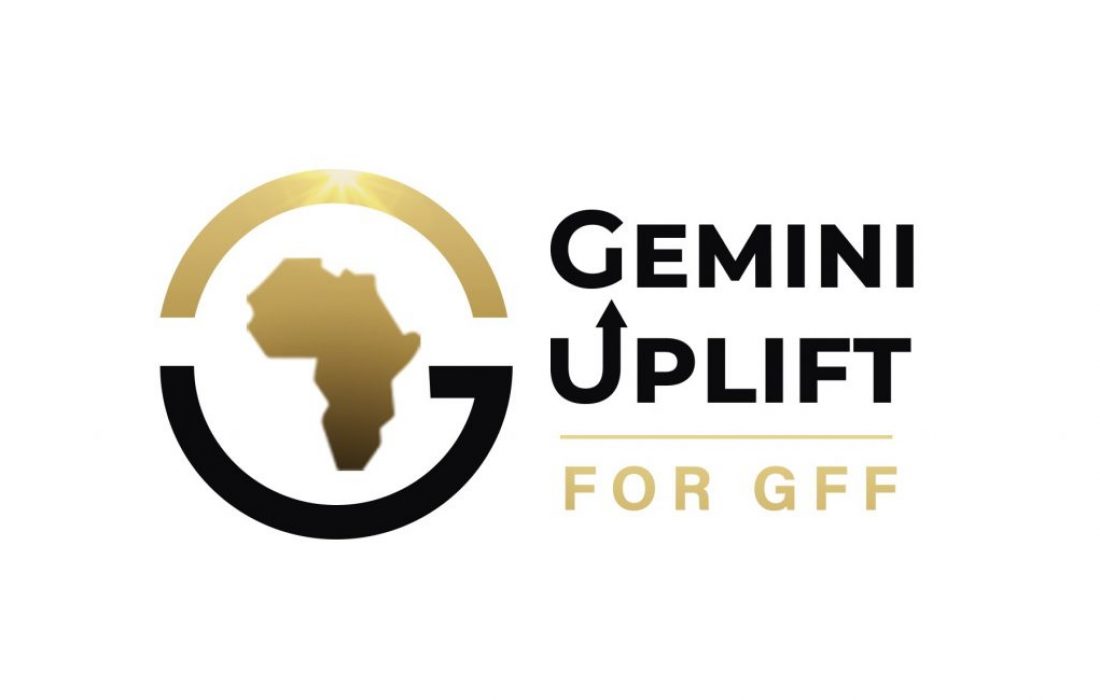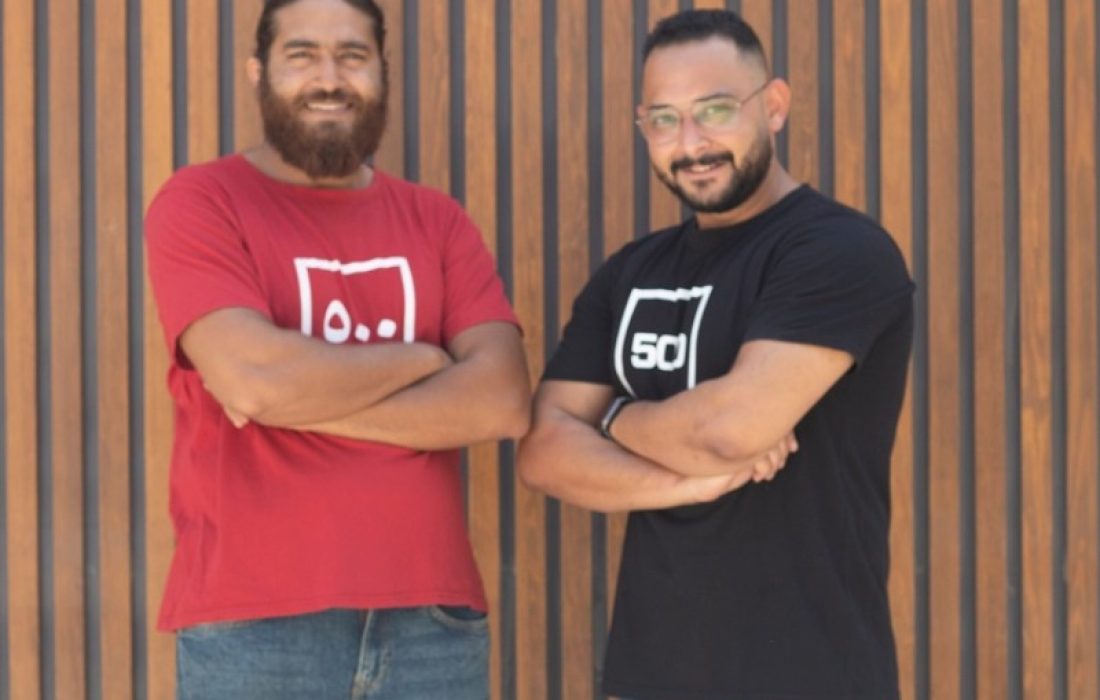If you build a unicorn, you reach the highest level of entrepreneurial greatness. It is the ultimate “destination” for any entrepreneur, investor, accelerator, incubator, conference organizer, etc.
Everyone wants to get a piece of the unicorn pie.
Facebook; unicorn, worth more than $700 billion. Using the platform helps you connect with friends and family, share happy moments, learn about the world, etc.… But using Facebook has also increased the level of anxiety and depression for teenagers around the world, created the easiest way to spread misinformation, and influenced people’s decisions on critical topics, and votes in national elections.
UBER; unicorn, worth more than $50 billion. Using the platform helps you move in the busy city in chauffeured luxury or make extra cash at your own time and preferences as a driver. But using UBER has also increased sexual assault, violent crime, and road deaths around the world. Safety problems are not uncommon byproducts of using UBER.
Airbnb; unicorn, with a rumored valuation of $40 billion on its upcoming IPO. Using the platform helps you find a home anywhere you go or make money repeatedly by renting your apartment.
But using Airbnb also makes you vulnerable to facing racist actions, being videotaped in the shower, or becoming the victim of fraud by the renter.
Apparently, that much-desired unicorn greatness comes with a proportionally great cost to the entrepreneur(s) and, surprisingly, to the customers as well.
But why is this happening?
The Unreasonable Emphasis On Growth Not Value
Many of the entrepreneurs I mentor mention that investors ask them to prove customer “stickiness” before they can resume conversations about funding. Stickiness is the number of daily active users divided by the number of monthly active users. The resultant percentage offers you a clear understanding of how frequently your customers return to use your product/service. Of course, if you show that stickiness is growing over time, you can raise a better conversation about potential funding and the number of dollars you can raise.
This type of demands signal to the entrepreneurs that they have to show growth by any means necessary, despite being relatively at an early stage. So, they keep promoting their products/services and usually without any significant results. They reach the conclusion that the product is not sticky enough, despite their best efforts. Thus, they conclude that the product/service is not good enough or irrelevant. Possible of course. However, in most cases I witnessed, it was the value offered to the customer not the product that was irrelevant. The customer’s perspective not the product’s perspective that counts.
Don’t focus on product growth or stickiness. Instead, look at your product or service as tools your customers buy to upgrade themselves. For example, many people have coffee in the morning to wake up and begin their day. Coffee helps people upgrade themselves from the undesired sleepy version to the much desired awake and functional version of themselves. And that is the value of coffee from the customers’ perspective. That same value can be obtained with a cold shower, a cigarette, a strong cup of tea or with a smoothie, energy-rich with vitamins and minerals.
So it is not about the product you build but more about the value you offer.
The Unreasonable Emphasis On Tech, Not Value
Theranos, a unicorn, valued at more than $1 billion just on the promise to deliver an impossible tech. More than a decade later, it turned out that the tech was really impossible. Although many experts actually screamed their lungs out about how unfeasible this technology is, no one actually paid attention to them.
Technology is important for sure, but only when it helps in delivering value to people. Combined with good UI/UX, tech is nothing more than the vessel used to deliver value to customers reliably and intuitively. Tech is the medium or the tool with which you can materialize and deliver value to your customers. They really don’t care if their phones have 64 or 128 gigabytes of storage. What they care about is whether their phones can hold all their music, photos, videos, and data. Your product or service results from a deep understanding of value combined with an excellent interface (UI/UX) and a working tech. I like to call that value-tech. You are not building a fintech, agritech, or proptech, etc. What you need to build is a viable value-tech startup. So begin by answering this question: what value are you offering to your customer, and then what tech do you need in order to make this value a tangible reality for your customers and/or your team?
Stop identifying your startup with technology and make it about value-tech.
Dear entrepreneurs, greatness has nothing to do with building unicorns. That is a destination. In the context of entrepreneurship, greatness is in the journey of building a startup that successfully offers value to you, your team, your customers, and perhaps your world.
The real cost of greatness, in this case, is developing a humble mind! Humble enough to focus on discovering customer value and not that ritualistic dance of convincing an investor to put money in a product/service.
Disclaimer: the views written in this piece represent only the author and don’t in any way represent the views of WAYA as a publication.
If you see something out of place or would like to contribute to this story, check out our Ethics and Policy section.










